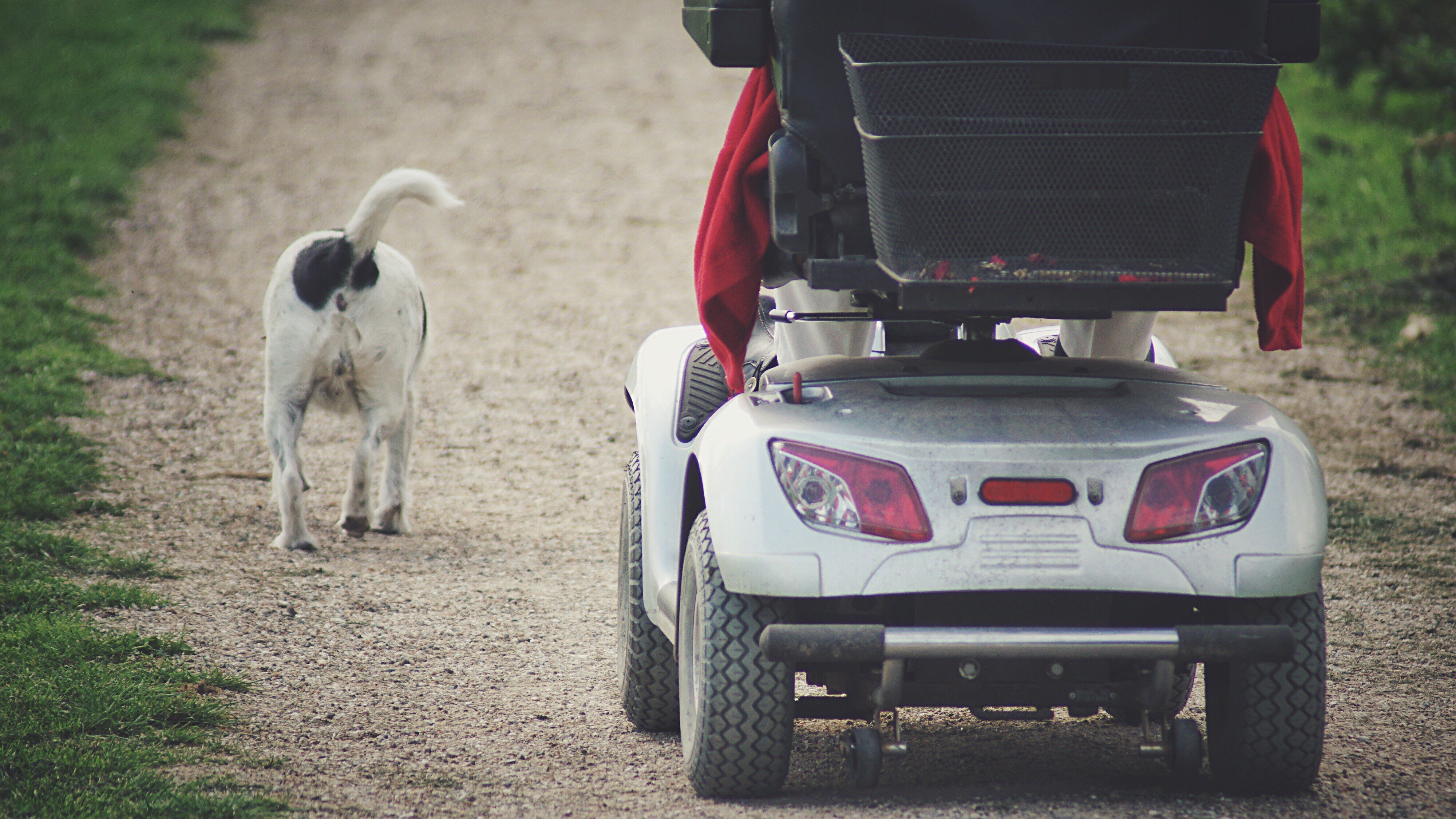What Experts On Disabled Scooters Near Me Want You To Know

Navigating the World with Disabled Scooters: A Comprehensive Guide
In today’s fast-paced world, mobility is a fundamental aspect of life. For people with impairments, maintaining self-reliance and mobility scooter shop is important. Disabled scooters, also understood as electric mobility scooters uk scooters, have ended up being an essential tool for those who face challenges in walking or meaning extended durations. This short article digs into the world of disabled scooters, exploring their benefits, types, and how to discover the ideal one near you.

Understanding Disabled Scooters
Disabled scooters are motorized automobiles developed to help people with mobility issues. They are particularly useful for those who have trouble utilizing manual wheelchairs or walking aids. These scooters can be found in numerous sizes and designs, accommodating different requirements and preferences. They are equipped with features such as comfortable seating, adjustable speed settings, and security systems to guarantee a smooth and secure ride.
Benefits of Disabled Scooters
- Enhanced Independence: One of the main benefits of using a disabled scooter is the increased self-reliance it supplies. Users can take a trip to different destinations without depending on others, which boosts their self-confidence and self-esteem.
- Enhanced Mobility: Scooters allow people to cover longer ranges with less effort, making it easier to get involved in social activities, run errands, and take pleasure in outside areas.
- Convenience and Safety: Modern scooters are created with ergonomic seats, adjustable back-rests, and other comfort features. They likewise consist of security features such as brakes, lights, and turn signals to make sure a safe riding experience.
- Cost-efficient: Compared to other mobility aids like power wheelchairs, scooters are typically more budget-friendly and require less maintenance.
Types of Disabled Scooters
- Three-Wheeled Scooters: These scooters are known for their agility and maneuverability. They are ideal for indoor usage and narrow areas but might not be as steady as four-wheeled models.
- Four-Wheeled Scooters: Offering much better stability and balance, four-wheeled scooters appropriate for both indoor and outdoor usage. They are particularly helpful for users who require to browse unequal terrain.
- Portable Scooters: Designed for travel, these scooters can be disassembled and transferred in a car or on public transport. They are light-weight and simple to store.
- Heavy-Duty Scooters: Built for users who need a greater weight capability, durable scooters are robust and durable. They are perfect for people who require additional assistance and stability.
How to Find Disabled Scooters Near You
Discovering the ideal disabled scooter can be a challenging job, but with the best method, it can be a smooth and satisfying experience. Here are some actions to assist you find and pick the ideal scooter:
- Research Online: Start by researching online to get an idea of the various brands and models offered. Websites like Amazon, Walmart, and specialized mobility stores provide a broad range of options.
- Regional Mobility Stores: Visit regional mobility stores to see and evaluate different scooters in person. This will give you a much better understanding of the features and convenience levels of each model.
- Speak With a Healthcare Professional: Speak with a healthcare company or a mobility professional to get customized suggestions based on your particular needs and physical condition.
- Check Out Reviews and Testimonials: Check online evaluations and testimonials from other users to get insights into the efficiency and reliability of various scooters.
- Consider Your Needs: Think about your day-to-day activities and the environments in which you will be utilizing the scooter. Consider aspects such as indoor and outdoor usage, weight capacity, and battery life.
Frequently Asked Questions (FAQs)
Q: Are disabled scooters covered by insurance?A: Some insurance strategies, consisting of Medicare, may cover the cost of a disabled scooter if it is deemed medically needed. It’s crucial to contact your insurance coverage service provider to comprehend the coverage information and any required documentation.
Q: How do I maintain my disabled scooter?A: Regular maintenance is vital to make sure the longevity and safety of your scooter. This includes inspecting the battery, tires, and brakes frequently, keeping the scooter tidy, and following the manufacturer’s upkeep guidelines.
Q: Can I utilize a disabled scooter on public transportation?A: Many public transport systems, consisting of buses and trains, are geared up to accommodate disabled scooters. Nevertheless, it’s suggested to check the specific policies and requirements of the transportation company in your location.
Q: What is the typical life-span of a disabled scooter?A: With proper upkeep, a disabled scooter can last for numerous years. The typical life-span is usually around 5-10 years, depending on usage and care.
Q: Can I drive a disabled scooter on the roadway?A: In a lot of locations, disabled scooters are enabled on roadways, however they need to adhere to specific regulations. It’s important to check local traffic laws and guidelines to guarantee safe and legal usage.
Disabled Compact Scooters are an important tool for people with mobility obstacles, using enhanced independence, comfort, and safety. By comprehending the various types of scooters and following the actions to find the best one, you can enjoy a more active and satisfying life. Whether you are aiming to check out the outdoors, run errands, or merely maintain your self-reliance, a disabled scooter can be a game-changer. Take the time to research, seek advice from experts, and test various designs to find the ideal fit for your requirements.
If you have any more questions or require further help, don’t hesitate to reach out to local mobility stores or healthcare providers. Your journey to improved mobility scooters uk begins with the right disabled scooter.

